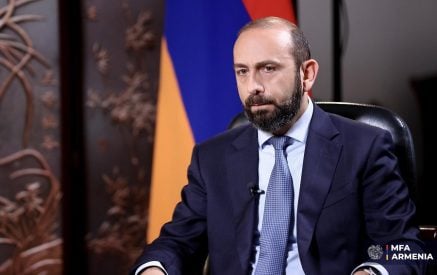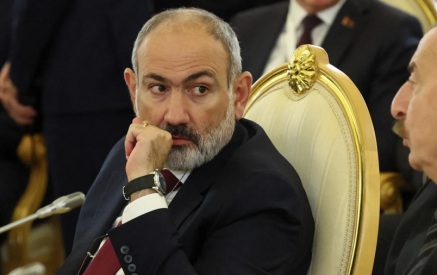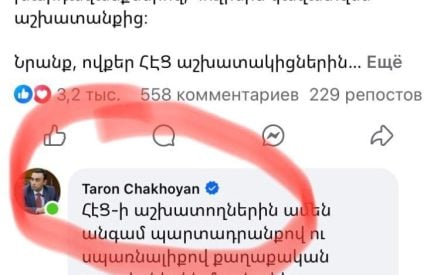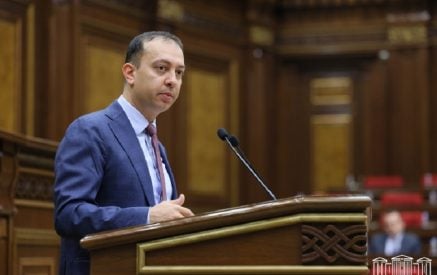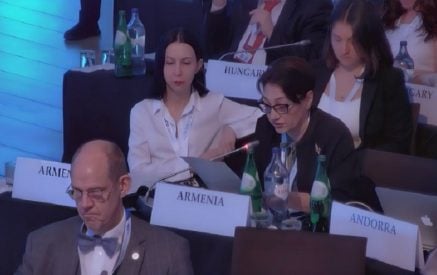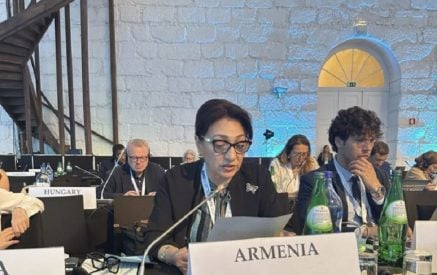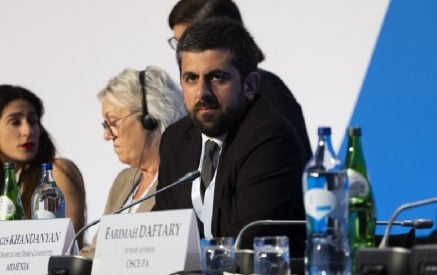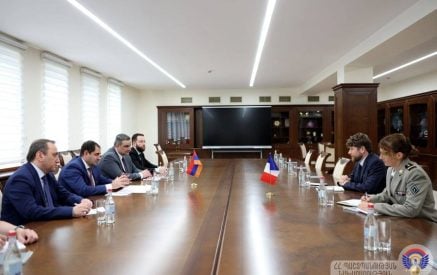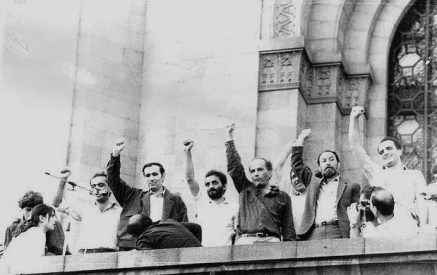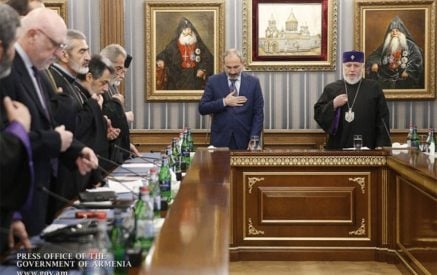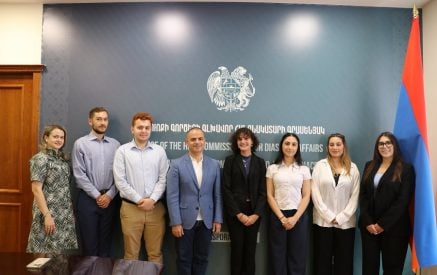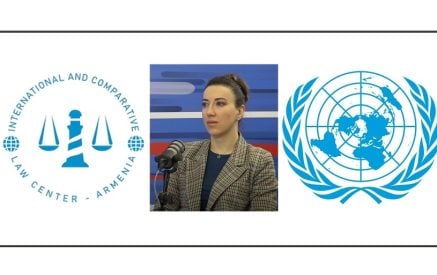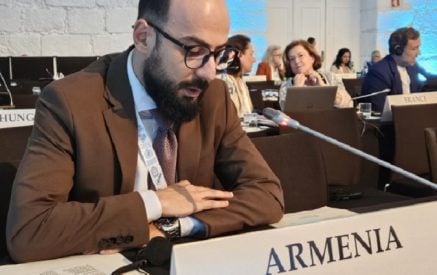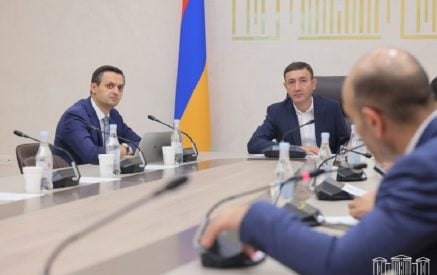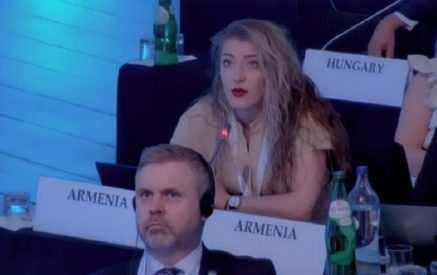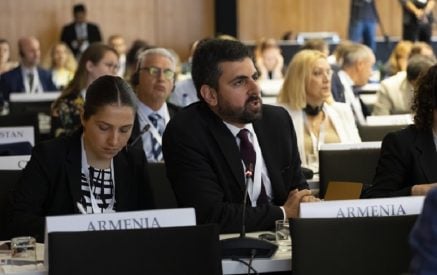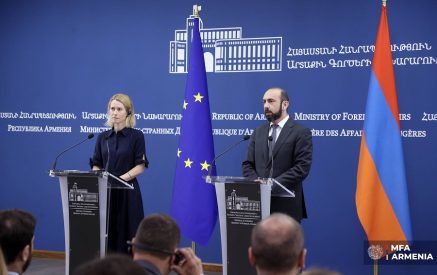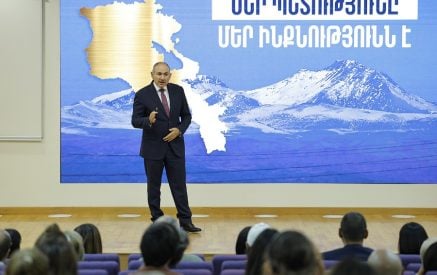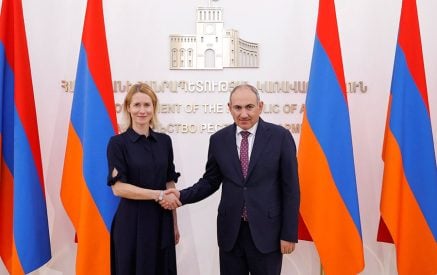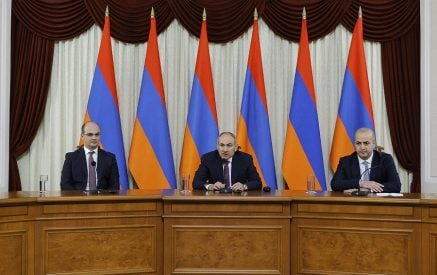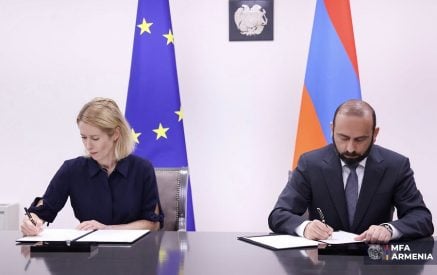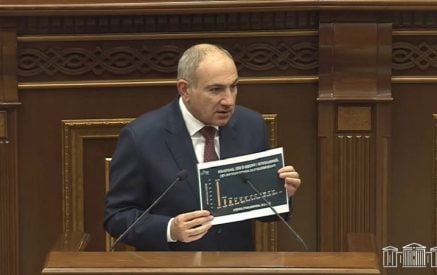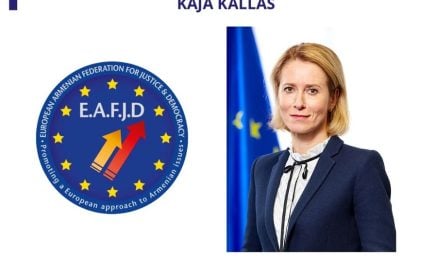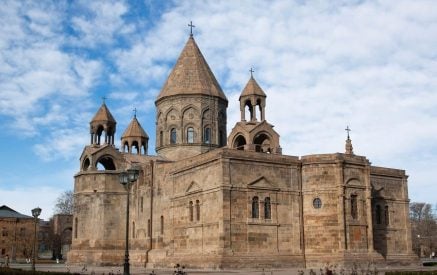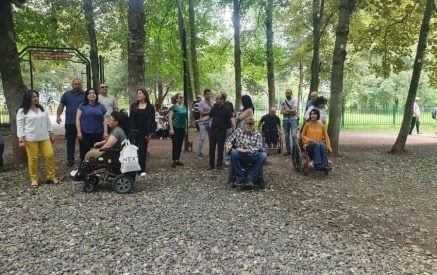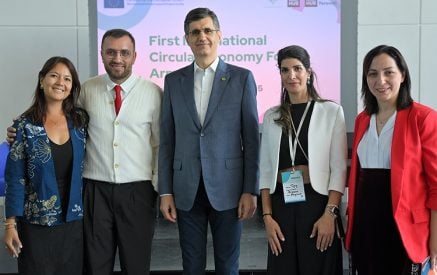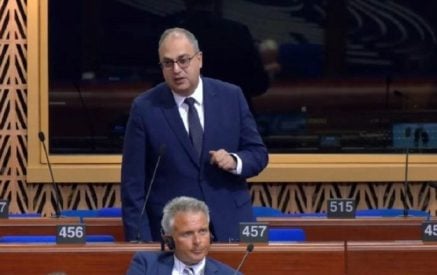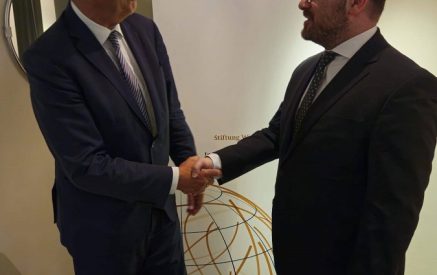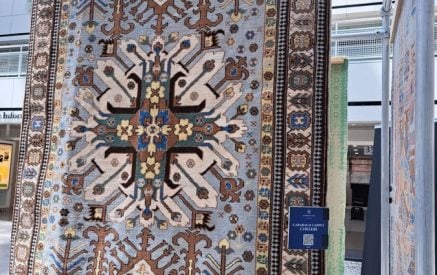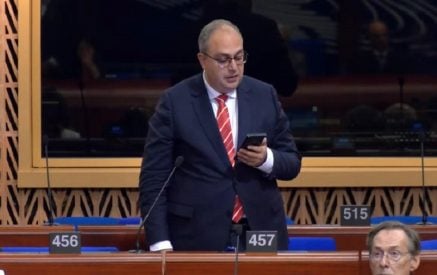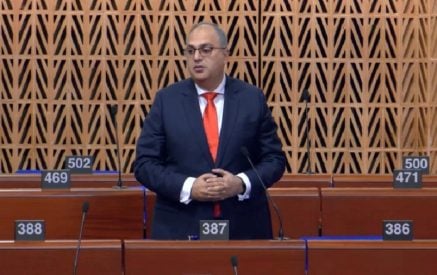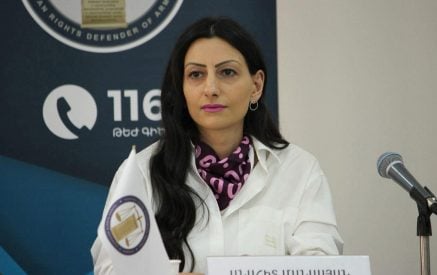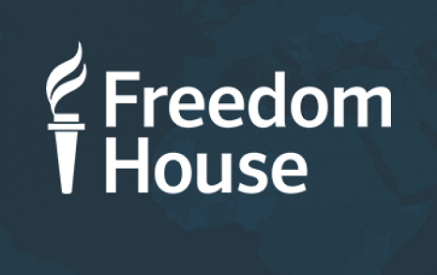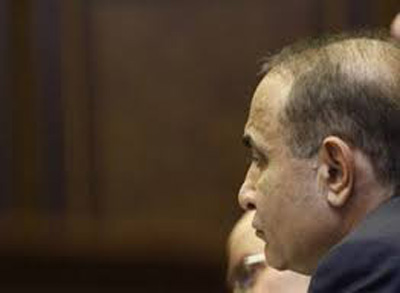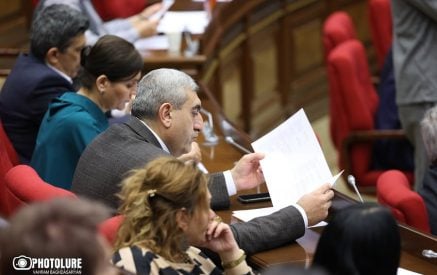The talks about the subsequent change in the government seem to become real. Usually, the ruling circles were throwing relevant news a few days earlier, they voice specific names, which is followed by “the adoption of the decision” at the Republican board meeting, which is not convened for no particular reason (let’s say, to be prepared for local self-government elections). Even the Republican lawmakers do not have clear information as to what decision will be made tomorrow. As the famous heroine of the film says, in our locality “as to who is the groom is known only on the wedding day.” Hence, as of yesterday, in the evening, I cannot say for 100 percent what kind of decision will be made for the prime minister and accordingly, the change in the government.
I can present my considerations purely in the framework of the logic and “historical experience”.
If someone, let’s say, is a decent man and a good specialist, this does not yet mean that he can work as a prime minister or a minister. These are political positions. And without the consent of formal (Parliamentary) and the informal (oligarchic) majority, these people cannot fulfill their plans. In the history of independent Armenia there were such prime ministers ; “weak” and not enjoying the trust of the aforementioned majorities. For example, Armen Sargsyan, Armen Darbinyan and Tigran Sargsyan, under whose leadership we have not particularly made brilliant achievements. We have had also “strong” prime ministers, for example, Robert Kocharian and Vazgen Sargsyan but their ambitions to conquering the whole government was inevitable. And coups as an outcome of it. The Prime Minister thus at least until the spring of 2018 must balance the “strengths” and “weaknesses” in himself in order to keep the situation stable. Will the subsequent prime minister be like that?
About national concord or the government of people’s trust. The opposition political parties or the parties that are formally considered to be an opposition would hardly take the ministerial portfolios in this situation even if they are offered. No one is willing to be depraved and bear the stigma of “being sold” for half a year, until the parliamentary elections in 2017. The pre-election campaign is much easier to run by the radical opposition status. But even if the future government contains representatives of 60 political parties, anyway, such government cannot be called “agreed” or “trusted.” Such things are impossible to achieve neither by distributing portfolios nor by violent actions. The only way to it is the legitimate elections.
Read also
Aram ABRAHAMYAN



